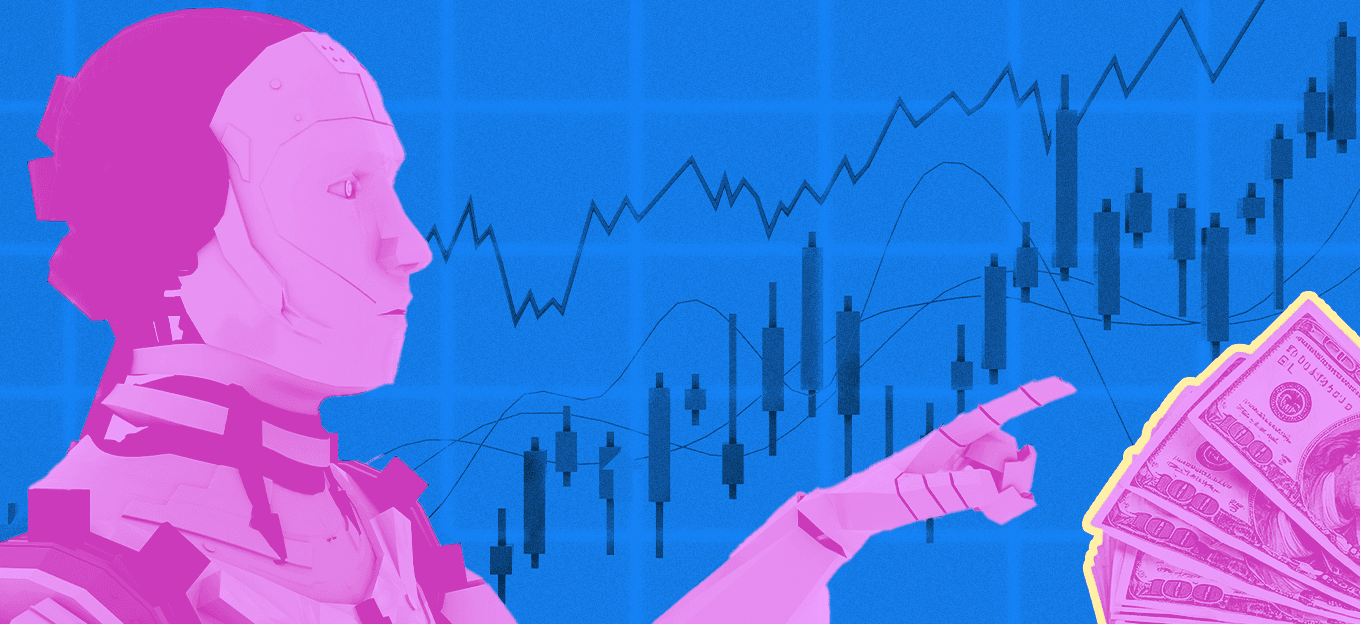3 Ways IoT Will Change Our Personal Finances
3 Ways IoT Will Change Our Personal Finances
- Last Updated: December 2, 2024
Sophie Miles
- Last Updated: December 2, 2024



The widespread use of the Internet of Things (IoT) technology application is changing different areas of our lives, and as our prior article “The Mindset and Insights that IoT Needs From the Financial Sector Industry” clearly exemplifies, the financial sector is also feeling the growth in IoT interconnectedness.
We can envisage on the horizon three main ways in which IoT will transform our personal finances.
Connected networks will change our daily reality, including our personal finances. IoT will bring about countless advances in the world of personal finances to make our experiences safer, customized and smarter.
More Data = Better Decision-Making
Personal finances are limited to the information we can gather about ourselves. Currently, this information is obtained from credit card summaries, home or mobile banking, or expense control applications. However, with the massive deployment of sensors in the devices that surround us, an unprecedented capacity will be reached to collect objective data about our daily lives.
A large repository of data courtesy of IoT devices, in conjunction with the application of other technologies like machine learning, deep learning or artificial intelligence, may lead to fully personal data-driven decision-making.
According to a Deloitte report, it's possible that in the near future, we will be able to opt for auto insurance that suits our needs, based on the information collected by IoT devices. Sensors in vehicles or smartphone apps can automatically provide insurance carriers with information on vehicles’ driving history and therefore their drivers’ performance.
Personalized Customer Service
Personalized consideration, friendly greetings, product offers based on your previous activities and purchases —all this is possible thanks to the data provided by IoT.
According to a recent study of Microsoft, 52% of people around the globe believe that companies need to take action on feedback provided by their customers. Also, globally, 54% of all consumers say they have higher customer service expectations than they did just one year ago.
If we continue in this trend, customer service bots will know you very well, and they will treat you as a close friend based on the information you already provided to the company.
Improved Commercial Loan Risk Management
A better personal loan is just around the corner if your bank can anticipate your needs through the collected data. IoT applications could provide new opportunities for credit underwriting, especially for those underserved customer segments lacking a credit history. The challenges here involve developing an understanding of which kinds of data are best predictive of creditworthiness, as well as the potential risk of new forms of redlining based on so-called “pattern of life” (POL) analyses.
The customer data available through IoT will help banks offer tailored solutions; for instance, lenders could partner with electronics and “white goods” manufacturers to proactively make credit offers to individuals if their purchased items begin to show noticeable wear or face imminent failure. On the other hand, leasing companies could monitor the condition of leased assets in order to determine a more precise residual value of the asset at lease expiration or to determine with greater accuracy any discounts or penalties for preferred or unacceptable use.
It's clear that connected networks and shared data will definitely change our daily reality, including our personal finances. IoT will bring about countless advances in the world of personal finances to make our experiences safer, customized and smarter.
The Most Comprehensive IoT Newsletter for Enterprises
Showcasing the highest-quality content, resources, news, and insights from the world of the Internet of Things. Subscribe to remain informed and up-to-date.
New Podcast Episode

Moving Past the Pilot Phase in IoT and AI
Related Articles


